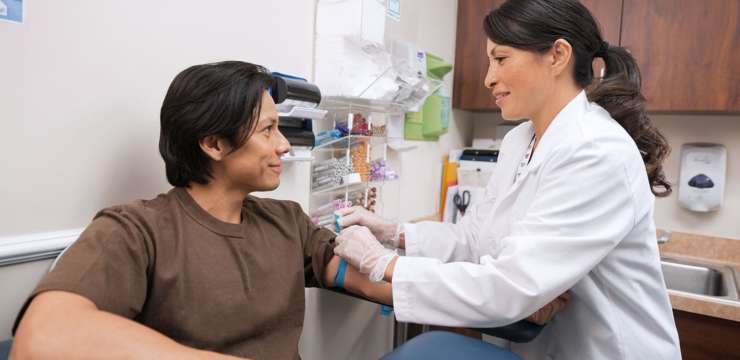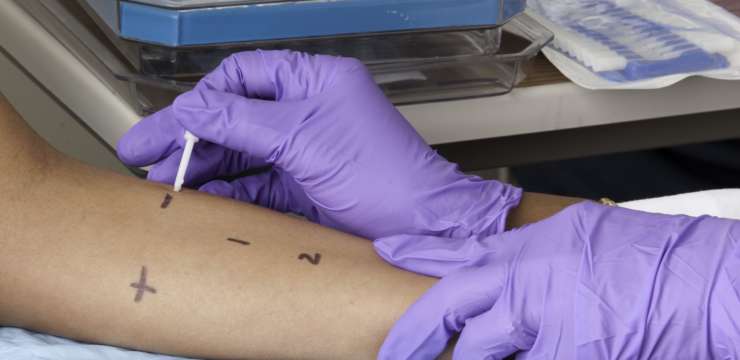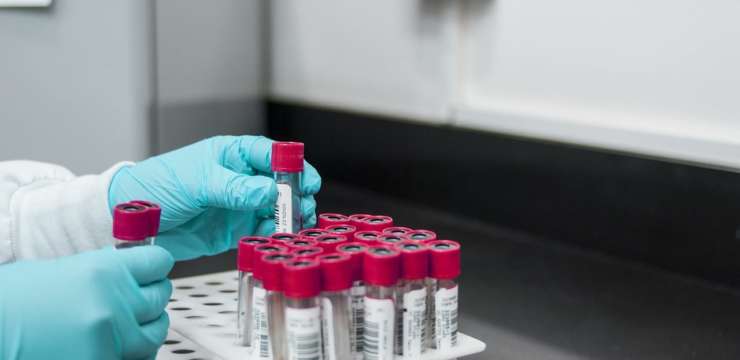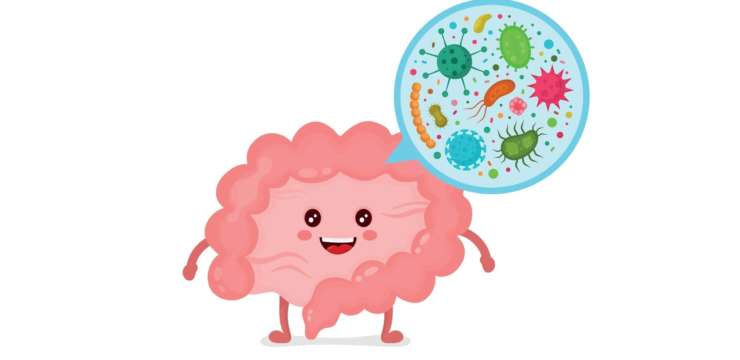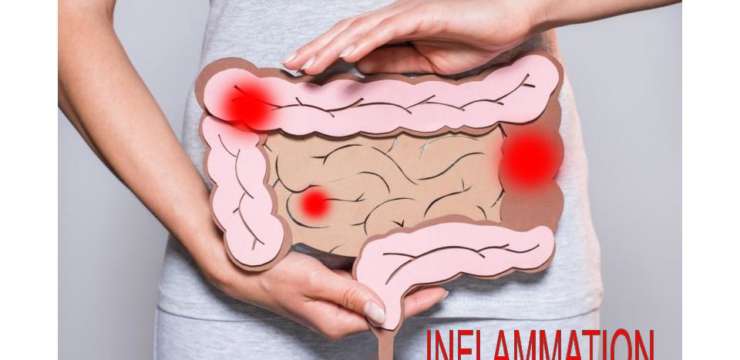Cancer is when a group of cells begin to grow out of hand. Cellular apoptosis or cell death does not occur as frequently as needed. Some natural steps you can take to reduce your risk of cancer is to 1) control inflammation by following an anti-inflammatory diet 2) get rid of all excess toxins. Check your cleaning products and detergents for toxins that may be adding unnecessary chemicals to your body 3) continue with regular check-ups to your physician and getting blood work done when needed 4) Maintain a healthy diet and exercise routine.



